TV’s classical director has died
mainWe are sorry to report the death of Rodney Greenberg, a television man who turned directing concerts into an art form of its own.
When Rodney directed the Proms for the BBC in the 1980s, artists could go onto the exposed ramp of the Royal Albert Hall knowing that they were in safe hands. Any vocal slippage or wardrobe malfunction and Rodeny’s cameras would find instant distracted elsewhere. He was a master of concert control and you have only to look at today’s live events to see how far the BBC has fallen from the standards he set.
On leaving the BBC, Rodney directed for Sky, Channel 4 and other companies around the world. He wrote a brilliant Gershwin biography for a 20th Century Composer series that I edited and he was a popular lecturer onmany topics. A couple of years ago, he suffered a health setback from which he never recovered. He was hopeful, when I saw him earlier this year at a family event, that a further operation would put him back in action. Sadly, the procedure was unsuccessful.
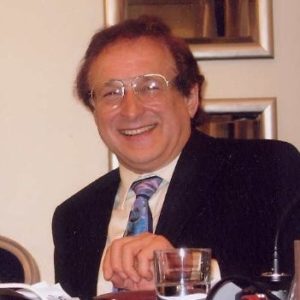

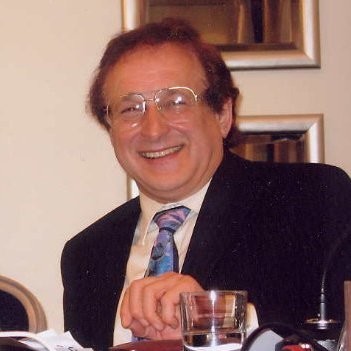
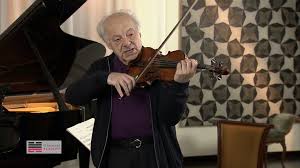
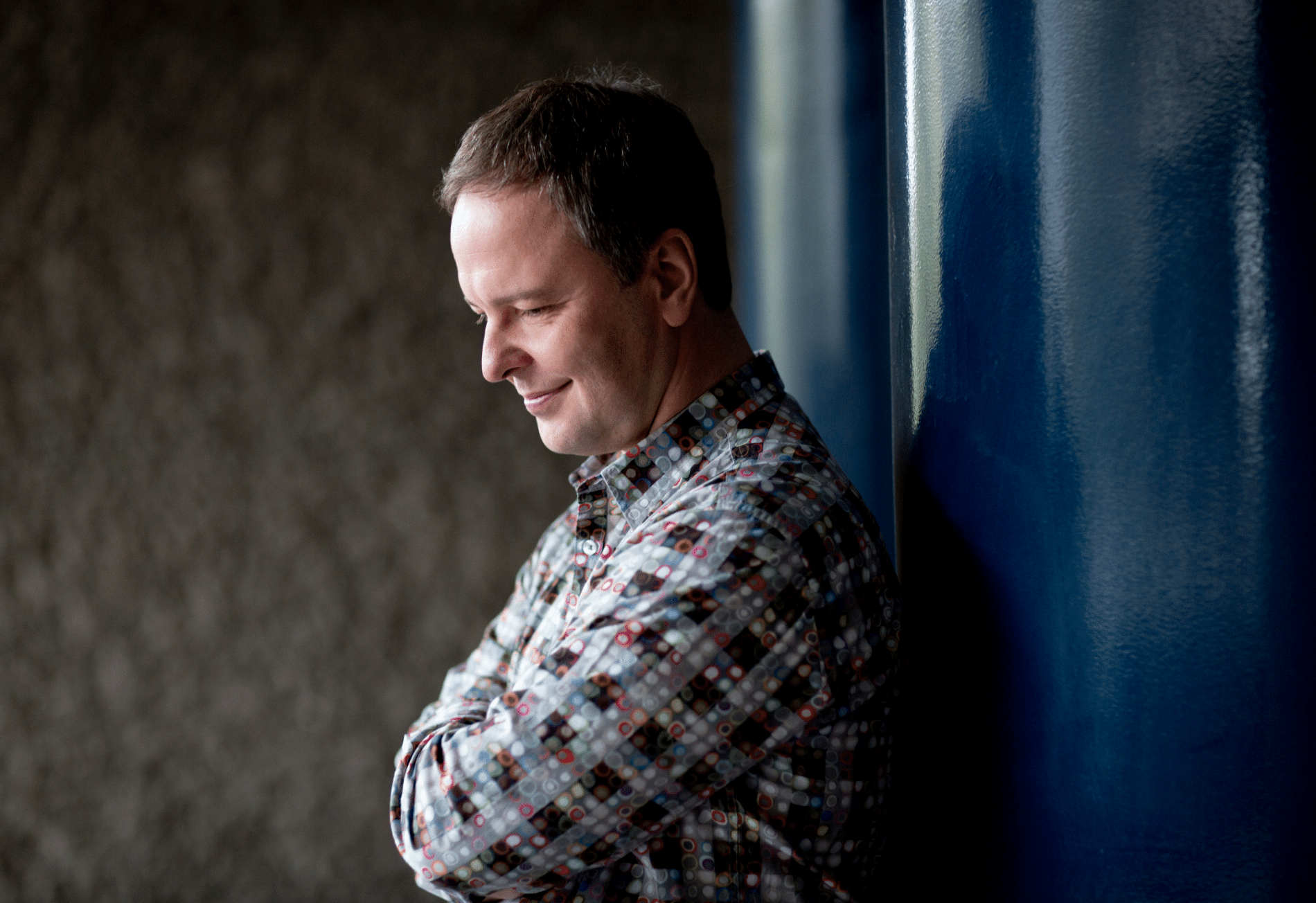
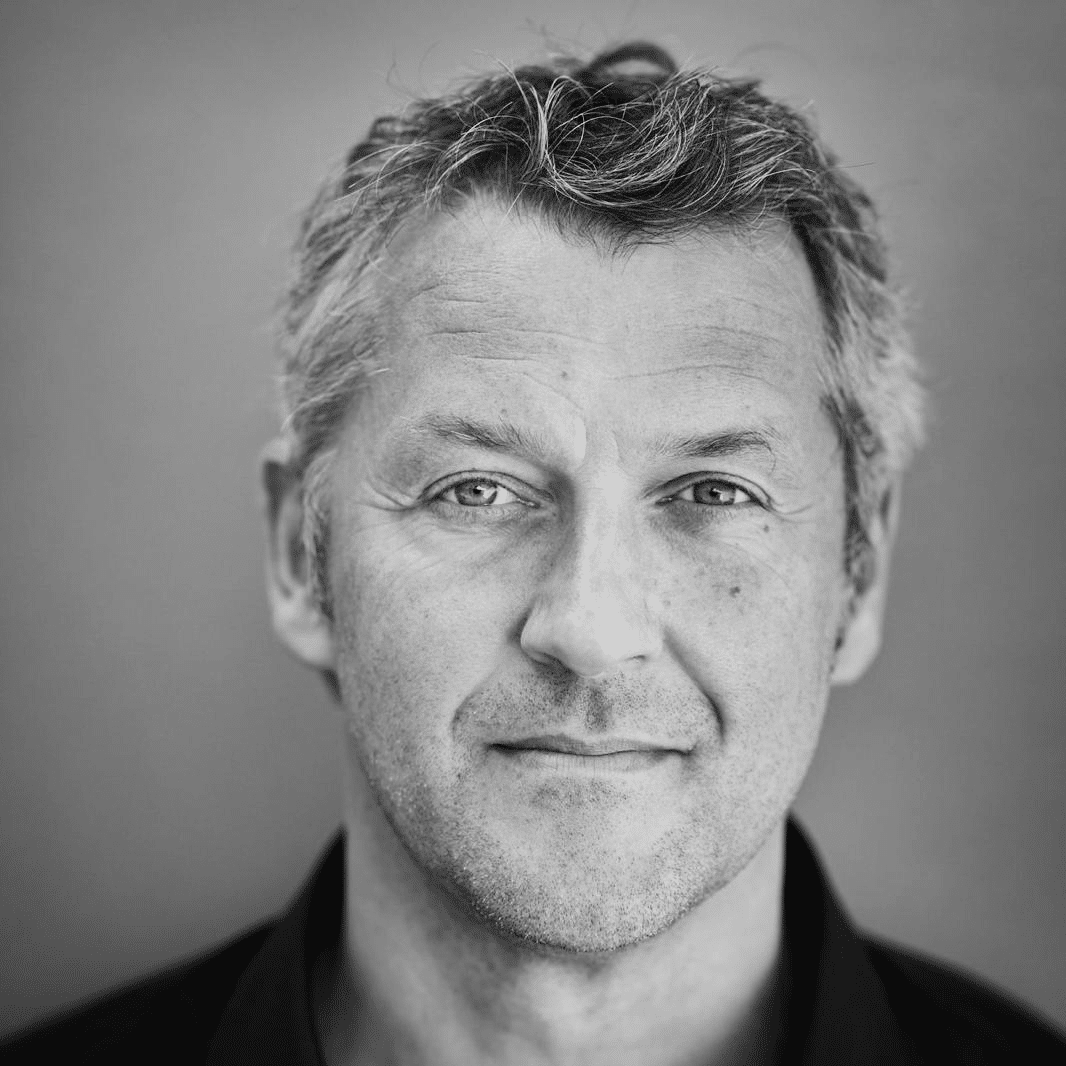
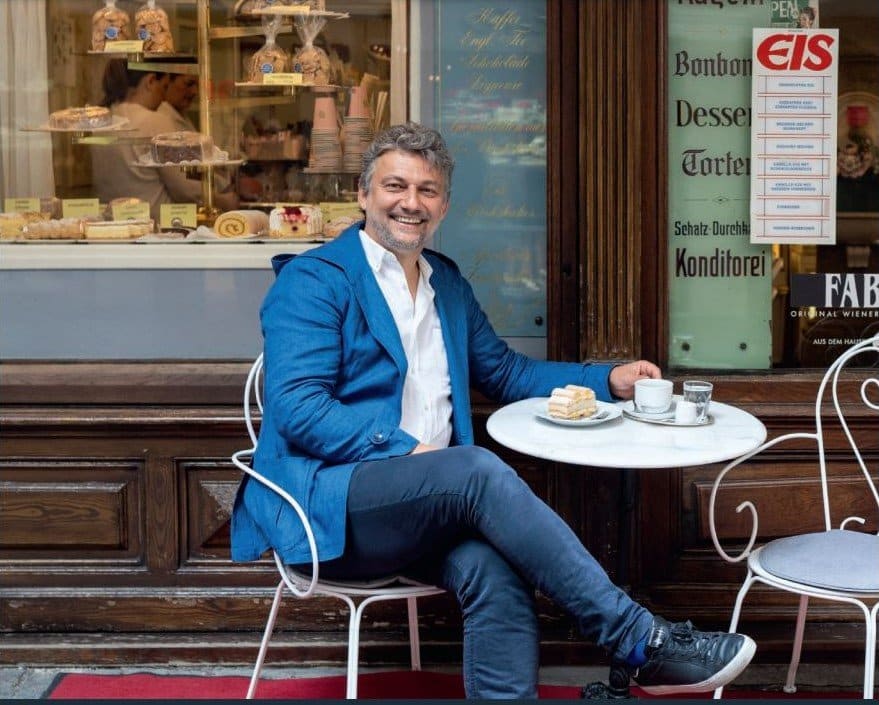
Rodney was a major figure in television music at the BBC and a very dear friend. His coverage of The Proms was always immaculately musical. His book about Gershwin was indispensable. His bravery and stoicism facing up to his operation was a model to ua all.
I hope the BBC will repeat the performance he directed in TC1 of Walton’s First Symphony. Together for Omnibus we taped a revealing interview with Walton about the bittersweet love affair that inspired the symphony. Rodney washed each movement in a different colour. The second movement’s tempo direction was marked by the composer “con malizia ” – with malice. Apparently he had frightful rows with his German princess girl friend, Rodney made the emotion a very bright green.
Humphrey, thank you. Let’s please talk.
Rest in blessed peace, Rodney. I’m very saddened by his passing.
This is very sad news. A true gentleman, a pleasure to work with him.
Norman’s analysis is sadly true. Today’s so-called “directors” (more like knob-twiddlers) are so often so unmusical that I sometimes wonder how many of them are actually able to read music. Brian Large, who did a lot of work in mainland Europe, was one of the other stars in the past who absolutely knew what he was doing and paid proper attention to the overall aesthetic experience. I have watched a number of online concerts in recent months (I will spare the UK orchestras’ blushes by not mentioning names) and have been appalled by what passes as acceptable direction: camera shots that last for mere seconds and then quickly move on to the next brief glimpse, unflattering camera angles, close-ups of individual players when the whole section is playing, failure to cue in camera operators just before important solos, pointless lingering on the conductor when nothing especially dramatic or unusual is happening, and, and, and……… Very few directors today give audiences at home an awareness of the building and the setting in which music is being performed or are prepared to allow them the experience of looking at the orchestra as a whole. It is almost as though directors not only suffer from ADHD themselves but assume that all viewers fall into the same category too.
I am really saddened by this news. I spoke to Rodney the day before he went into the hospital and he was so hopeful and excited to finally have the surgery. I am shocked.
Dear Rodney- a generous kind man and a wonderful TV Music Director. I worked with him some years ago on Beethoven’s 9th at the BBC Proms where he directed and vision-mixed-totally absorbed in the music and his affinity with the cameras and the musicians. An unforgettable experience and a privilege to work with such a talent. He will be so sadly missed but so warmly remembered.
(Pat Smylie TV Music Script Supervisor)